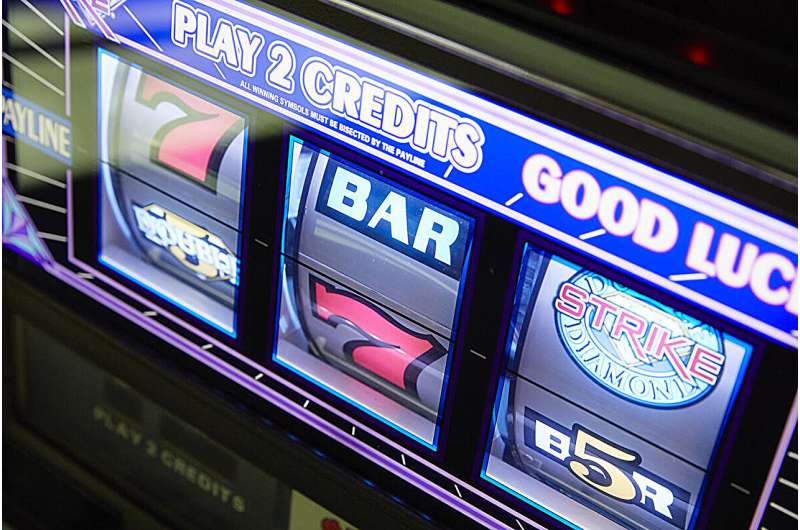This article has been reviewed according to Science X's and . have highlighted the following attributes while ensuring the content's credibility:
fact-checked
trusted source
proofread
Study: The diminishing impact of casino free-play promotions

Free-play campaigns—or gambling money on the house—have gotten big. They are the dominant play incentive in the gaming industry, where the most money is spent to get players in the door and keep them coming back for more. But new research suggests their effectiveness may be on the decline within certain groups of players.
operations management, casino marketing and financial analysis.
His latest research was produced using performance data from a tribal casino operating in the Western United States over the course of many years.
In year one, 400 casino-goers were given $15 per week in free-play. In year two, they were split into four groups of 100 people each, with every group receiving a different free-play allotment ranging from $0 to $15.
"We wanted to understand how the spend per trip and amount of visits changed," said Lucas. "What we found out was that there was no decline in spend per trip after reducing the awards. I don't think there is anyone in the industry who would have predicted that."
Visitation declined by about 20% for the group whose free-play benefits were taken away completely. But the subjects in the groups that received $5, $10, or $15 allotments didn't decrease their visitation frequency.
Given the limited number of available customers in locations with legalized gambling, casinos compete for customer patronage, causing free-play campaign expenses to balloon. A typical casino can spend tens of millions of dollars or more on free-play incentives annually, according to Lucas.
"It's difficult for casino ownership to make changes because corporations are naturally risk-averse," said Lucas. "The data shows that you could do so many other things with that money with minimal-to-no consequence. You could improve customer service and the physical environment—these are things that affect patronage and spend, as well."
Katherine A. Spilde from San Diego State University collaborated on the research.
More information: Anthony F. Lucas et al, , UNLV Gaming Research & Review Journal (2024).
Provided by University of Nevada, Las Vegas

















